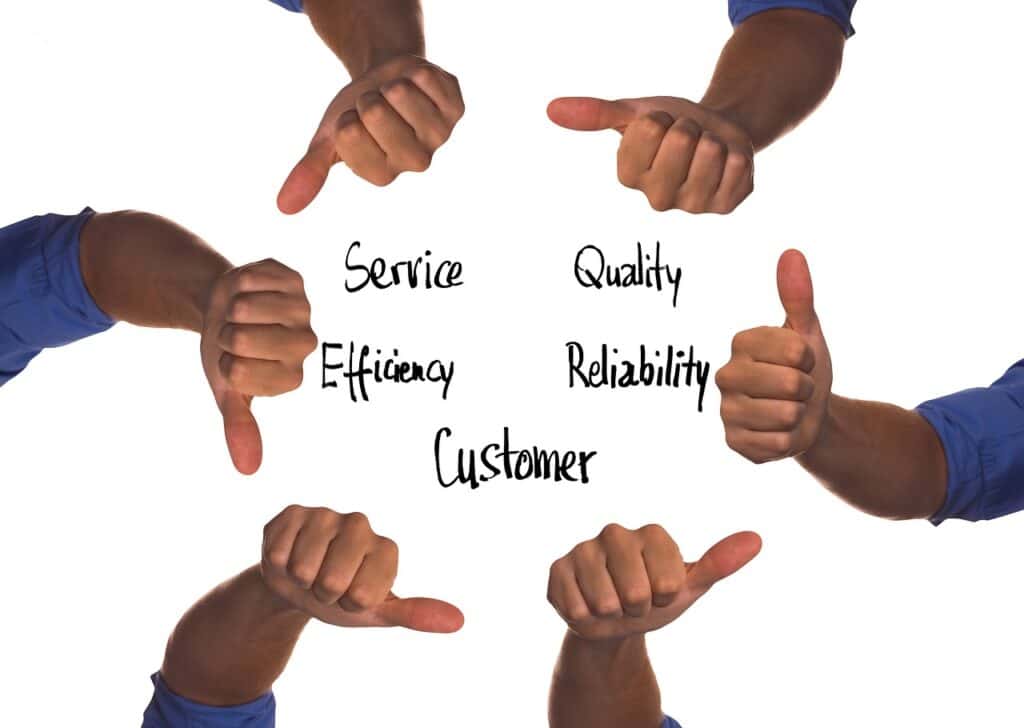
Self Employed Freelancer or Self-Employed: What's the difference?
Self employed freelancer?
Considering taking the leap into working for yourself?
As a self employed freelancer or self-employed individual,
you have the freedom to choose your own projects, set your own schedule and be your own boss.
However, many people use these terms interchangeably without understanding the subtle differences between them.
In this blog post,
we'll explore the distinctions between being a self employed freelancer and being self-employed,
so you can determine which path is right for you.
Let's dive in and discover the key differences between these two types of work.
Defining Self Employed Freelancer and Self Employment: A Comparative Look
If you're considering a career move towards freelancing or self-employment,
it's important to understand the differences between the two.
Freelancing involves offering your skills and services on a project-by-project basis to various clients.
As a self employed freelancer,
you have the flexibility to choose the projects you want to work on and
the freedom to set your own rates.
On the other hand, self-employment refers to running your own business and being solely responsible for its success.
Self-employed individuals typically provide a specific product or service and have more control over their work schedule and business operations.
While both freelancing and self-employment offer the benefits of autonomy and independence,
they differ in terms of work structure, client relationships, and legal and tax implications.
By understanding these distinctions, you can make an informed decision on which path aligns best with your goals and aspirations.
Understanding the Work Structure and Client Relationship Differences

When it comes to the work structure and client relationships, freelancing and self-employment differ in significant ways.
As a self employed freelancer, you typically work on a project-by-project basis for various clients.
This means you have the flexibility to choose the projects that interest you and align with your skills.
Freelancers often have short-term relationships with clients, working on specific tasks or assignments before moving on to the next project.
On the other hand, self-employed individuals have a more consistent and long-term relationship with their clients.
Running your own business means building and maintaining a client base, often working with the same clients over an extended period.
As a self-employed professional, you have the opportunity to establish strong relationships with clients and become their go-to provider for the products or services you offer.
Understanding the differences in work structure and client relationships can help you determine which path is better suited to your preferences and career goals.
Whether you thrive on variety and enjoy the excitement of new projects as a freelancer or prefer the stability and loyalty that self-employment offers,
understanding these distinctions is crucial in making an informed decision.
Legal and Tax Implications for Self Employed Freelancer and Self Employed Professionals
As a freelancer or self-employed individual, it's crucial to understand the legal and tax implications that come with each path.
Freelancers typically operate as sole traders, meaning they are not separate legal entities from their business.
This means they are personally liable for any debts or legal issues that arise from their work.
Freelancers are responsible for tracking their income and expenses, as well as paying self-employment taxes, which include both the employer and employee portions of National Insurance and Medicare taxes.
Self-employed professionals, on the other hand, have the option of operating as a sole trader, partnership, or forming a limited liability company (LLC) or corporation.
Each legal structure has different tax implications and levels of personal liability protection.
Self-employed individuals must also ensure they are following all applicable tax laws, including keeping accurate records of income and expenses, paying self-employment taxes, and potentially paying quarterly estimated taxes.
Navigating the legal and tax landscape can be complex, so it's important to consult with a tax professional or accountant who can provide guidance and ensure compliance with all relevant laws and regulations.
Weighing the Pros and Cons: Choosing between a Self Employed Freelancer and Self-Employment
When it comes to choosing between freelancing and self-employment, it's important to weigh the pros and cons and consider which path aligns best with your goals and aspirations.
Freelancing offers the freedom to choose your own projects, set your own rates, and have flexibility in your schedule. You can enjoy the thrill of new projects and variety in your work.
However, freelancers often have to continuously find new clients and may face more uncertainty in terms of income stability.
Self-employment, on the other hand, provides the opportunity to build long-term relationships with clients and establish yourself as an expert in your field. You have more control over your work schedule and the potential for more stable income.
However, running your own business also means taking on more responsibilities and potential risks.
Ultimately, the choice between freelancing and self-employment depends on your personal preferences, career goals, and risk tolerance.
Consider factors such as financial stability, the level of autonomy you desire, and your willingness to take on the additional responsibilities that come with self-employment.
Whichever path you choose, remember to stay adaptable, stay focused, and pursue your freelance passion with AmaJova.
